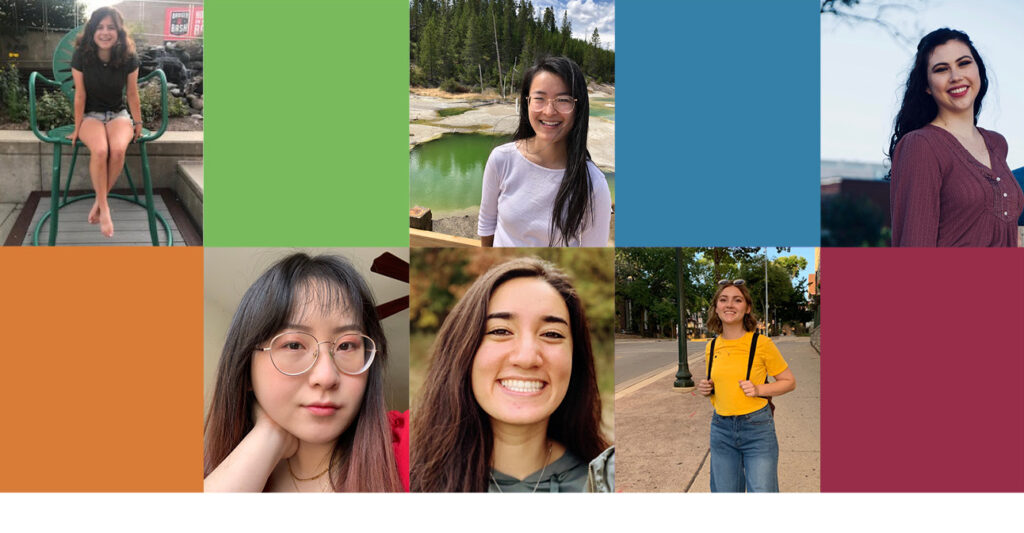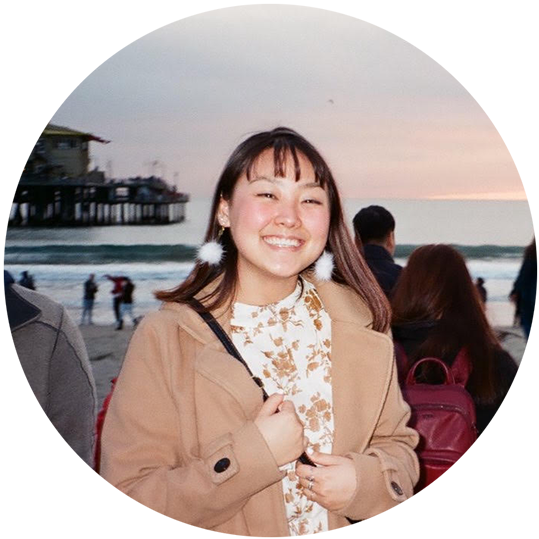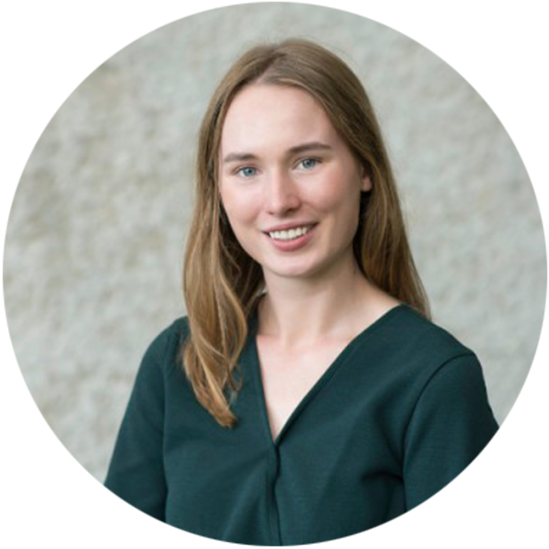By Veronica Hayes and Faith Kim
One year ago, the annual Joint Staff meeting between the University of Wisconsin-Madison undergraduate Writing Fellows program and the Writing Center marked the last time the Center’s full staff gathered in person before students were sent home and our work shifted online. At the annual meeting, Fellows typically give presentations on the research they conduct in their Writing Fellows tutor education seminar, English 403. Those presentations lead to collaborative and meaningful exchanges between Fellows and Writing Center instructors, who appreciate the opportunity to engage with original research on tutoring.
This year, like all events, the meeting looked very different: rather than meeting and enjoying snacks in person in Helen C. White Hall, Writing Fellows and Writing Center instructors logged into Zoom breakout rooms named after campus landmarks. In addition to altering the form of the meeting, the pandemic shaped the meeting’s content. Experiences with tutoring remotely influenced the conversations WC instructors and Fellows engaged in. Throughout the workshops, attendees described their experiences adapting to an online format and troubleshooting unexpected issues and discussed best practices and original findings related to tutoring remotely.
This year’s meeting also underscored the necessity of approaching our work through the lens of social justice, particularly as we navigate a global pandemic. Writing Fellows shared meaningful research on issues of linguistic justice, accessibility, and inclusivity, both in the Writing Fellow Program and on-campus. Although this year’s meeting was very different in form and content from previous years, the meeting was still informative and collaborative. It highlighted what we can learn from one another and how our experiences in the Center and in the Fellows program intersect and diverge in productive ways. We share this post with you as a chance to reflect on what we learned and to generate future conversation about the important issues we discussed.
WC-WF-Joint-Staff-Meeting-Program-2021Adapting Online
In an unpredictable and confusing year, Writing Fellows and Writing Center teaching assistants have adapted with incredible efficiency working within a virtual setting. New Fellows have only ever worked online, while experienced Writing Fellows, who started in the program before the pandemic, have adjusted their in-person techniques to suit a completely online environment. Similarly, Writing Center instructors have adapted to an online environment by offering “written feedback” or “virtual meetings” to students. While these tutoring modalities had been part of the Writing Center’s offerings for years, only a small percentage of Writing Center instructors had experience with online tutoring until the pandemic.
In her presentation “Talking through the Frame: Interpreting Conversation Effectiveness During Virtual Writing Conferences,” Juliet Chang analyzed several Writing Fellow conferences to explore the question of whether barriers arise with virtual conferences. With an online setting come challenges that Fellows and tutors alike have not had to consider in the past and Juliet highlighted these in her research.
When we conducted conferences in person, Juliet noted that Fellows could pick up on subtle hints such as body language and tone to determine how best to help students. The added benefit of in-person conferences also meant that both participants, the Fellow and the student, did not have distractions to take attention away from the meeting. However, now that everything is conducted on Zoom, Fellows may have limited ability to read body language and it becomes difficult to remain isolated from distractions. In spite of all these changes, Juliet found that students still find online conferences to be helpful and that technology actually opens up new ways to improve meetings and accessibility. Juliet’s main takeaway is that we as tutors and Fellows should keep our past methods of in-person conferencing and interactions in mind while embracing technology as a way to create an even more accessible conferencing experience for our students.

In “Navigating Virtual Spaces and Effective Online Tutor Strategies,” Izzy Lisak discussed students’ experience shifting to online tutoring. She highlighted drawbacks of Fellowing online, such as depersonalization (the lack of personal connection that can occur when meeting virtually), technology problems, and communication issues. To manage the distractive nature of online space, she recommended using a directive teaching style and prioritizing higher order commentary. “Be pragmatic and personal,” was her main advice to Fellows navigating the increased depersonalization and complexity of online learning.
Linguistic Justice
Linguistic Justice is a key tenet of the Writing Across the Curriculum training that Writing Fellows receive. However, the expectations of the university, where students are often expected to write in “Standard Academic English,” can make it difficult for tutors to implement linguistic justice in their tutoring sessions (Inoue).
In “It IS Political: Standard Academic English and White Supremacy,” Riley Preston discussed specific anti-racism tactics for tutoring sessions. She drew from Kenneth Jones and Tema Okun’s “The Characteristics of White Supremacy Culture,” discussing how SAE mirrors white supremacist characteristics of perfectionism, defensiveness, objectivity, and individualism. Riley invited students to consider how they can integrate the tenets of linguistic justice, not only in how they approach mechanics, but their broader teaching philosophy.
Between Students and Professors
As Writing Fellows, we work in a space between professors and students, which gives us a unique opportunity to open communication between the two groups and give the professors an insight into the experiences of undergraduate students. In “Insights from Writing Fellow/Faculty Interviews: Vertical Learning, Language Ambassadorship, and Linguistic Diversity,” Susan Maloney, Amanda Jentsch, and Emily Cheng explored this space even further in their interviews with professors who have worked with Fellows.

Writing Fellows can increase accessibility for the students they fellow for. Susan explored how working with Writing Fellows has impacted professors and discovered that these professors saw their Writing Fellows offering a way to open communication between them and their students. These Fellows also served as sounding boards for professors, who consult their Fellows when creating writing assignments. The position of Writing Fellows can be helpful in creating a more equitable classroom balance where student voices are heard.
Emily delved further into this idea of an equitable classroom as she examined how working with Writing Fellows has impacted professors. In interviewing professors who have worked with Fellows for at least five semesters, Emily found that Writing Fellows are seen as assets that help establish and maintain access and communication between professors and students. This includes professors checking in with their students about comprehension and assignment understanding and using Writing Fellows as a resource to decide how to best organize writing assignments. With this communication comes a more equitable classroom in which students can feel heard, even when they do not talk directly to their professor, and the professor feels confident in their assignments.
Amanda researched the question of how Writing Fellows can be avenues of equity for students of diverse backgrounds, especially international students. Writing Fellows are the step before the professor, often seeing unfinished drafts and helping students clarify their ideas and goals before submitting a final copy for grading. Fellows use their unique positioning to help students interpret the prompts and explore ideas, indicating that Writing Fellows can act as special language ambassadors who can interpret essay prompts and tailor their conferences to better assist students.

Writing Fellows are particularly well-positioned on campus to promote linguistic diversity through their interactions between professors and students. However, this position can be a strenuous one. Fellows are still undergraduate students with time constraints that severely limit their abilities to enact change, and Emily noted that there is a power imbalance between the professors and Fellows, making it even harder for Writing Fellows to be able to change faculty attitudes towards SAE. While Writing Fellows are well-placed to promote diversity and advancement, Susan, Amanda, and Emily felt that Fellows have the most impact on their students. As we look to take this research into the rest of our tutoring experiences, we should keep in mind that change is a large group effort and no single organization/individuals can accomplish such a feat alone.
Conclusion
Writing Fellows are changemakers, but compassionate leadership can be taxing work. Advancing linguistic and social justice on-campus poses challenges for Fellows, who lack the formal and institutional power of professors and administrators. During these extraordinary times, Fellows have modeled maturity and care as we have supported other students. As we celebrate Fellows’ impact on campus, we want to thank Fellows for the time and labor they have invested into their work.

Additionally, we want to thank the Writing Center that has collaborated with our program to create an incredible learning experience for all tutors. Our joint meeting is a highly anticipated yearly conference in which we can hear from both Writing Fellows and Writing Center instructors who all contribute to making an exciting and meaningful conversation. While this year has challenged Fellows and tutors alike, it has also enabled the social impact of our programs to advance at a rapid pace. The temporal and spatial accessibility of online conferencing increases the accessibility of our work. As we look towards the next school year, which hopefully includes more in-person and on-campus activities, we must find ways of sustaining the positive changes which have emerged from this challenging period.

Faith Kim is one of the Writing Fellow’s Undergraduate Assistant Directors and has been a Writing Fellow for six semesters. She is also a UW-Madison Posse Scholar and is currently studying Legal Studies, Criminal Justice, and East Asian Studies. After graduating, she plans to return home to Los Angeles to study for the LSAT, prepare her law school applications, and work. She credits many of her incredible experiences in Madison to being part of the Writing Fellows Program and will never forget the fond memories she has made here.

Veronica Hayes is one of the Writing Fellows’ Undergraduate Assistant Directors and has served as a Writing Fellow for three semesters. This spring, she will graduate with honors in English Literature, Political Science, and a certificate in public policy. Upon graduating, she hopes to work or teach abroad before attending law school. She is grateful to the Writing Fellows Program for providing such a supportive community and opportunities to learn and grow.


Great worked! Very helpful post. thanks for sharing.